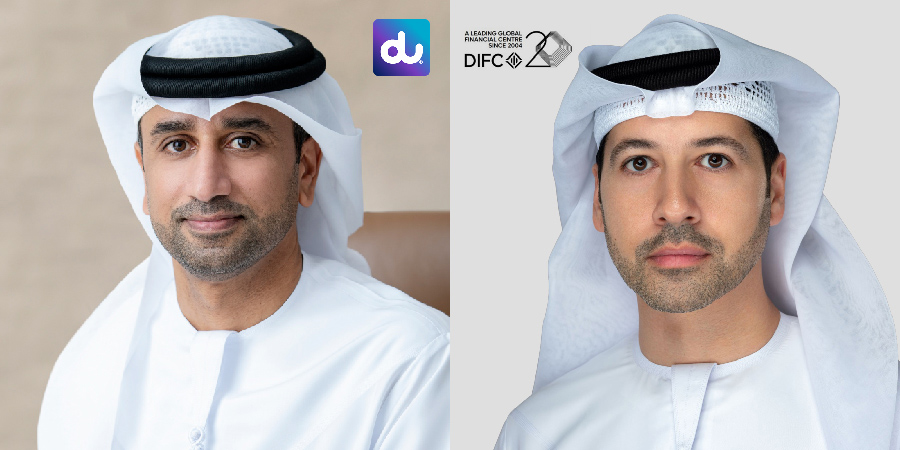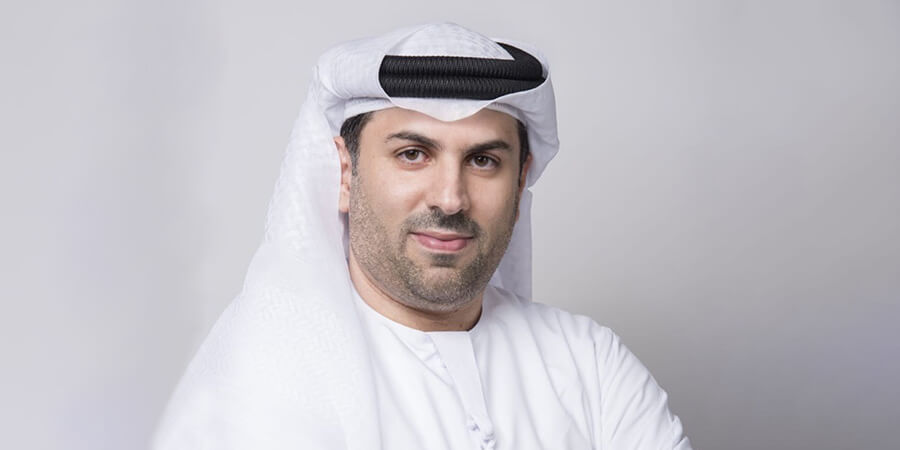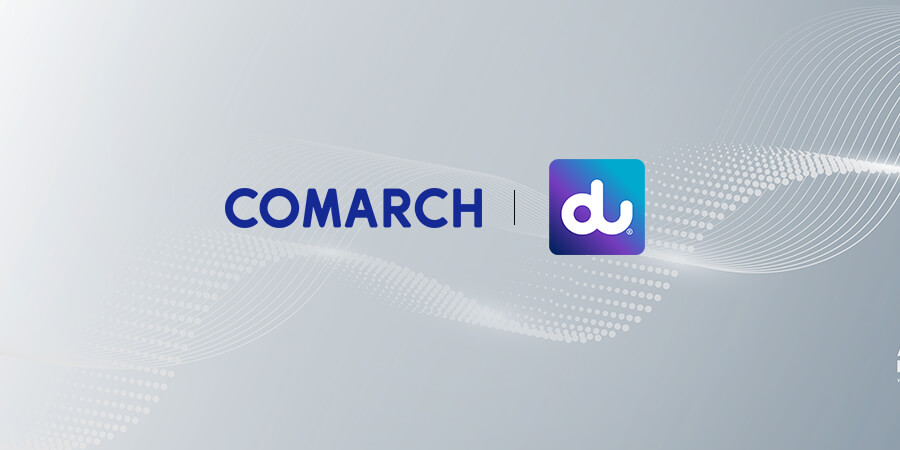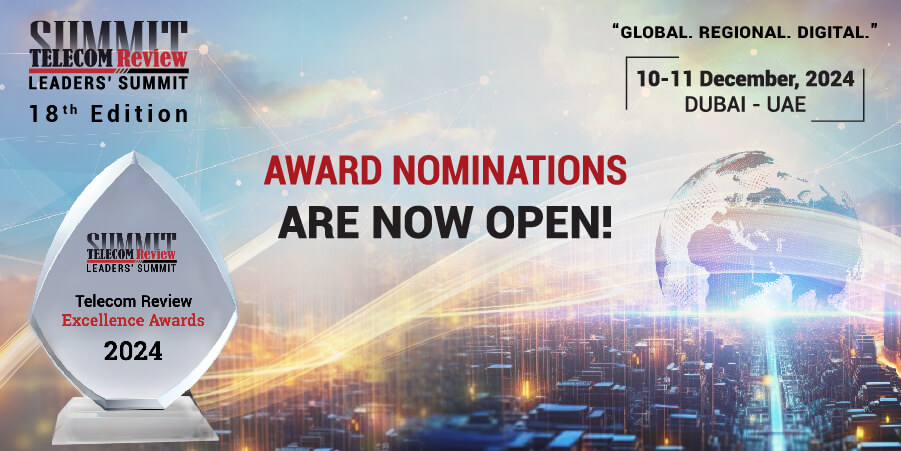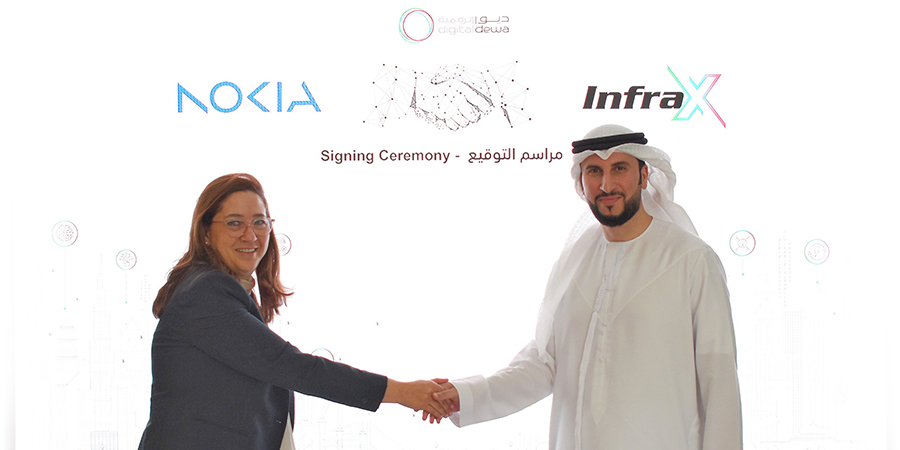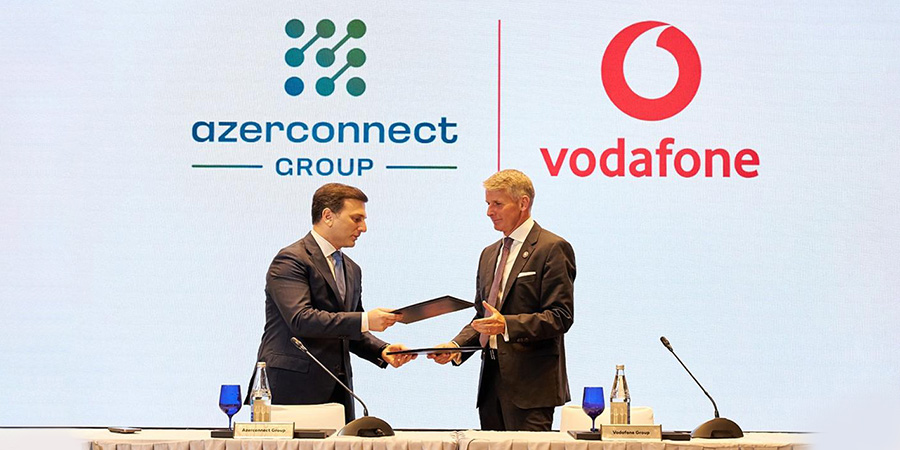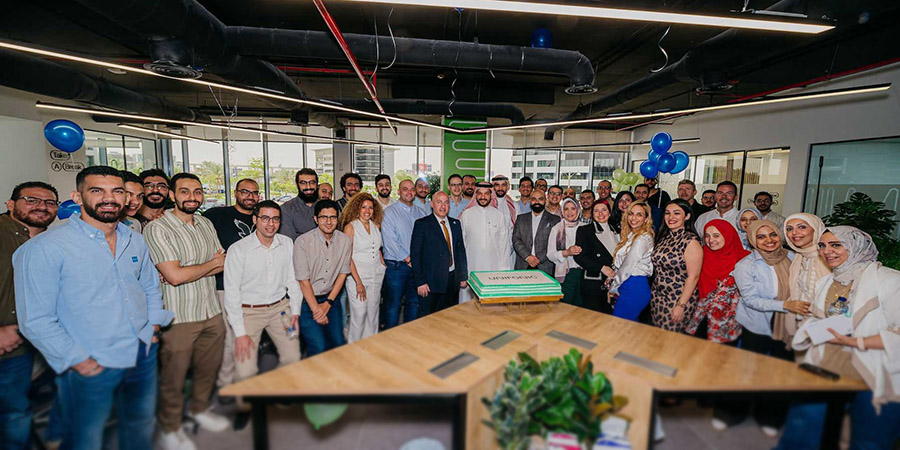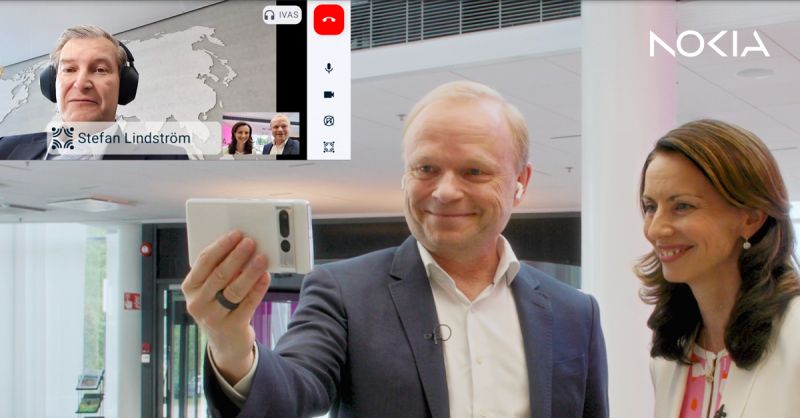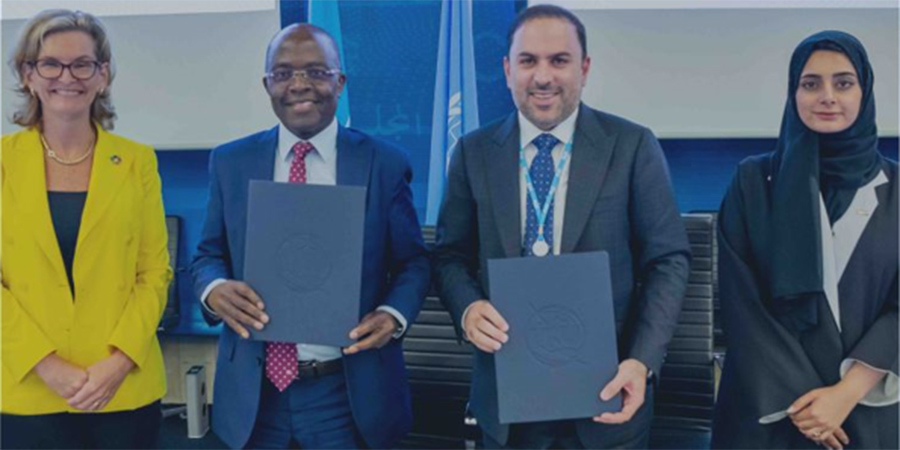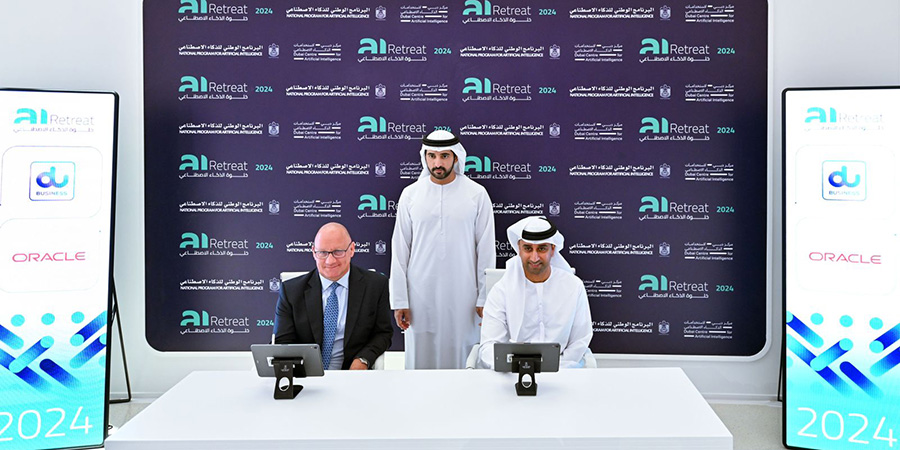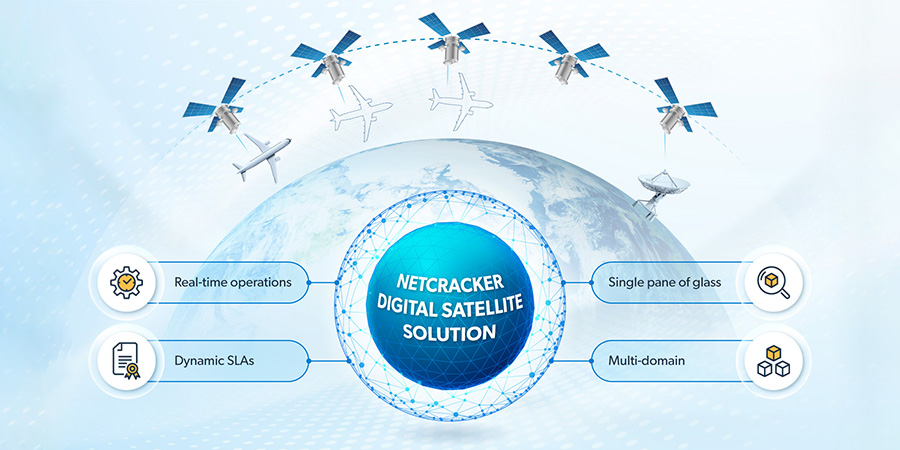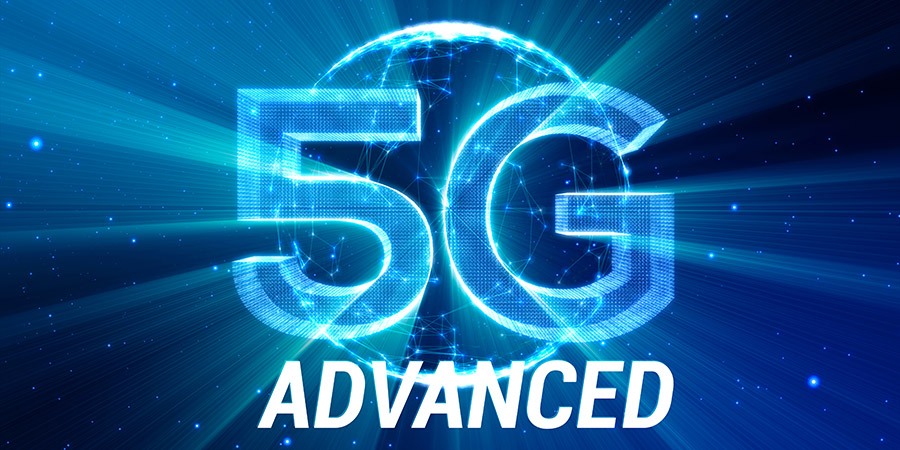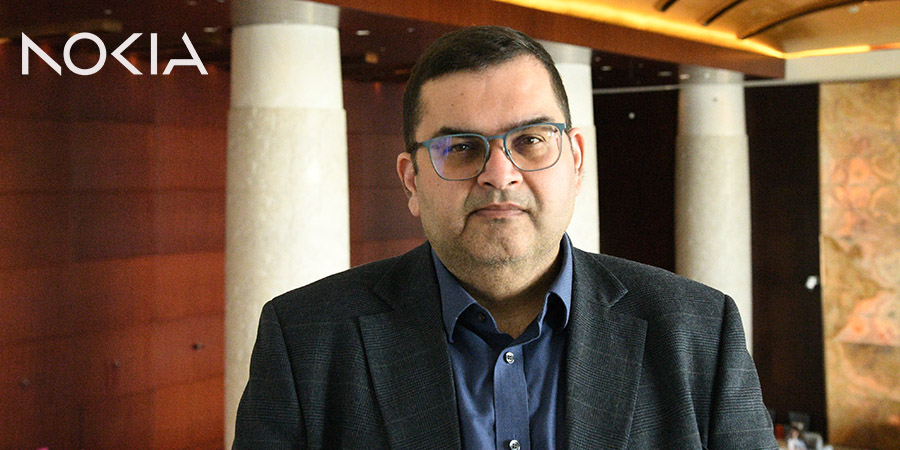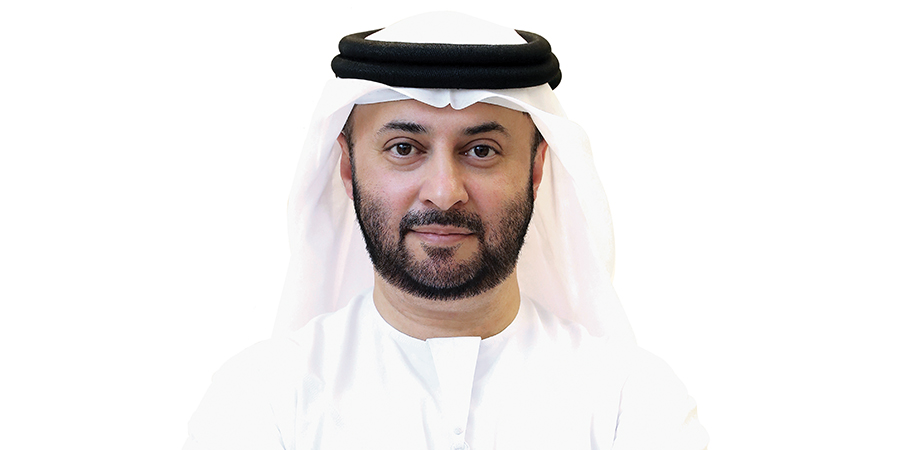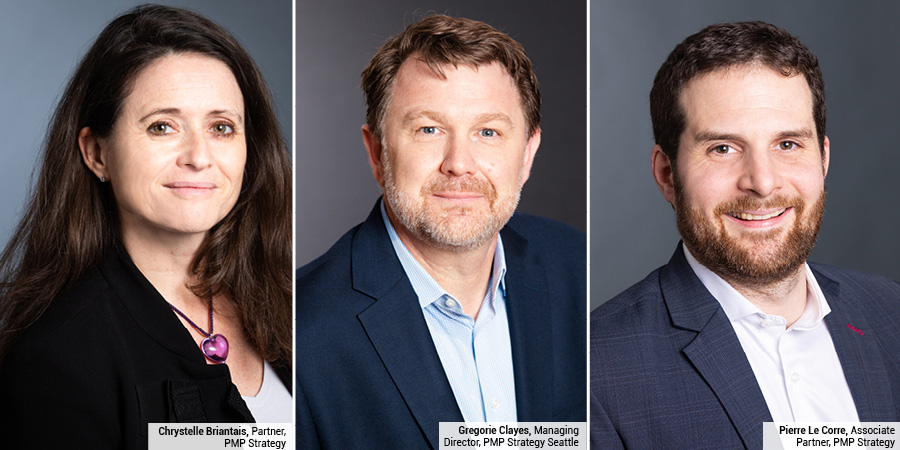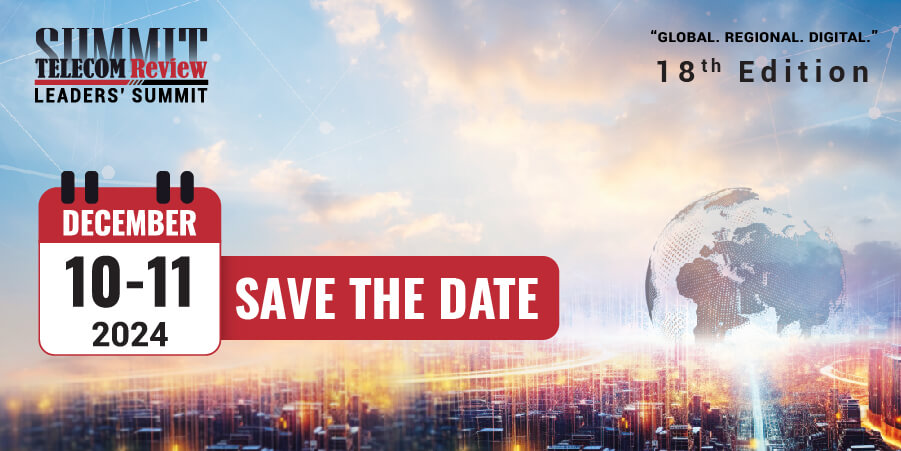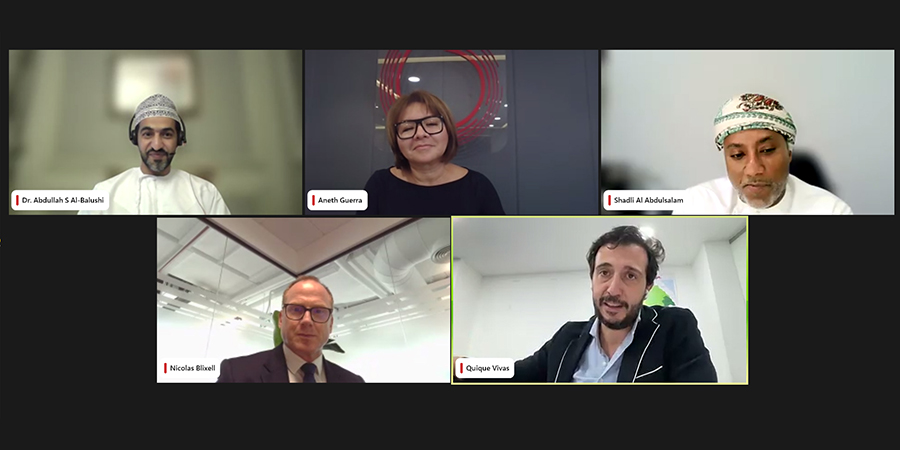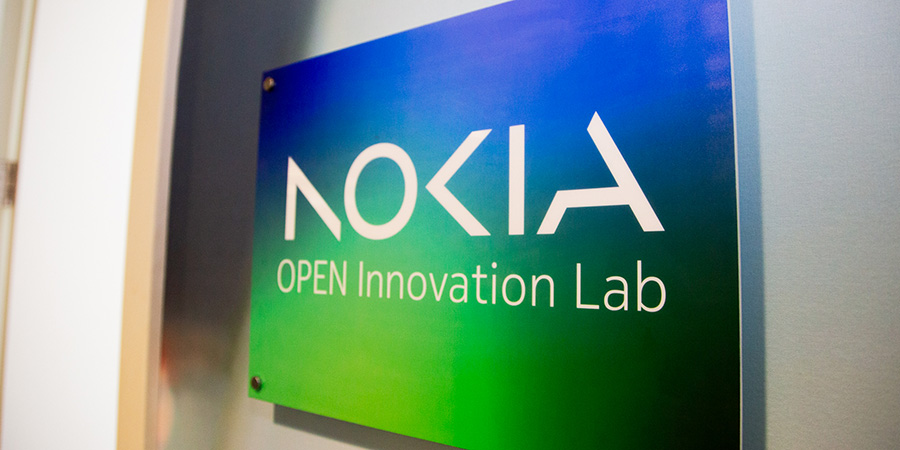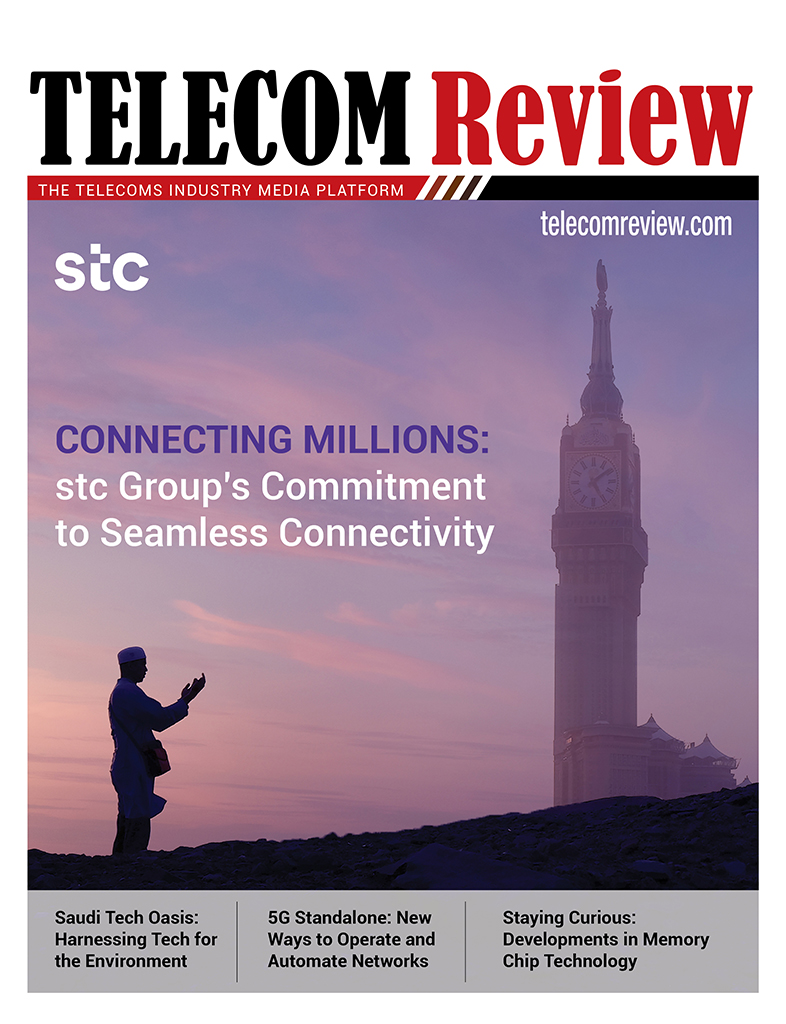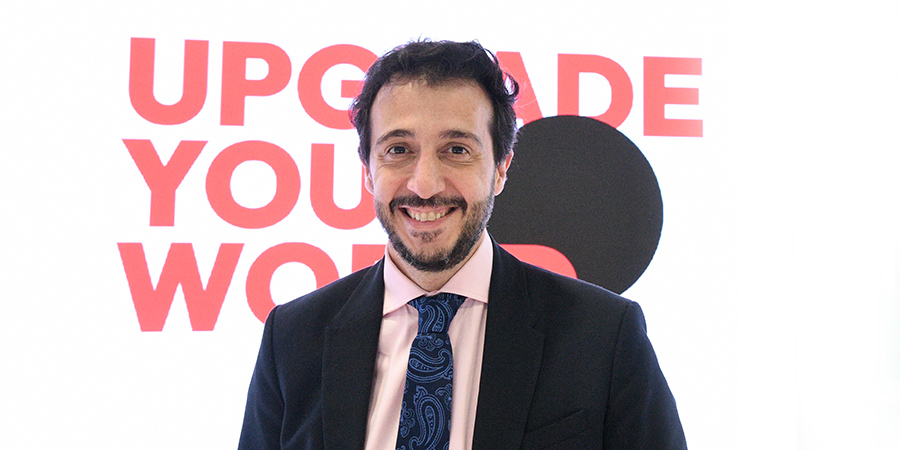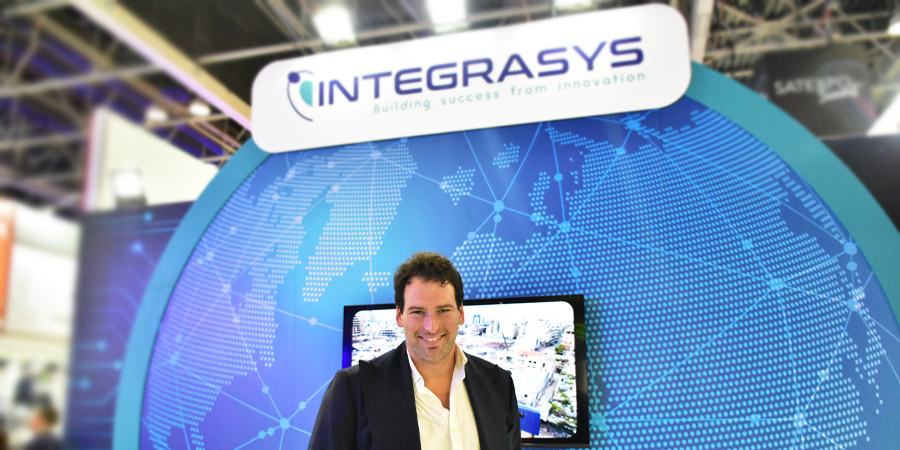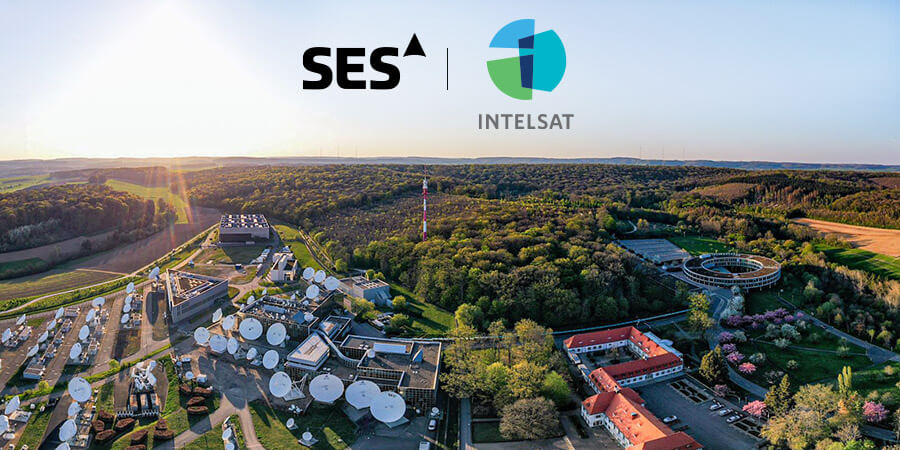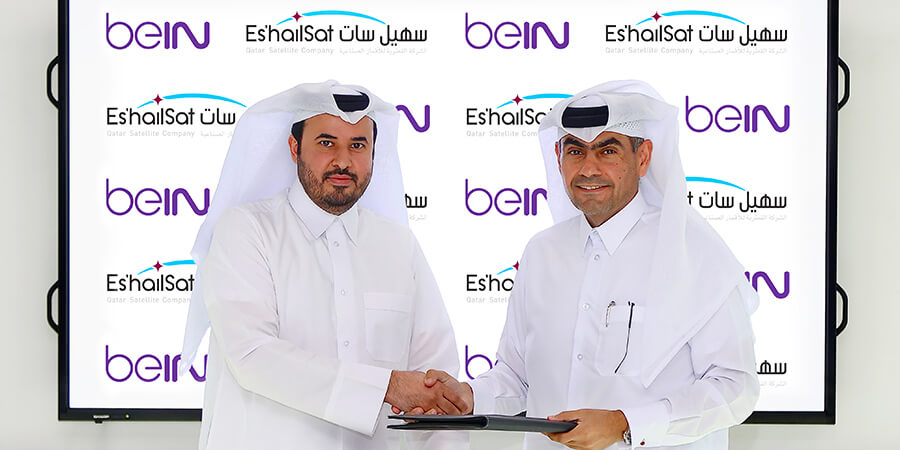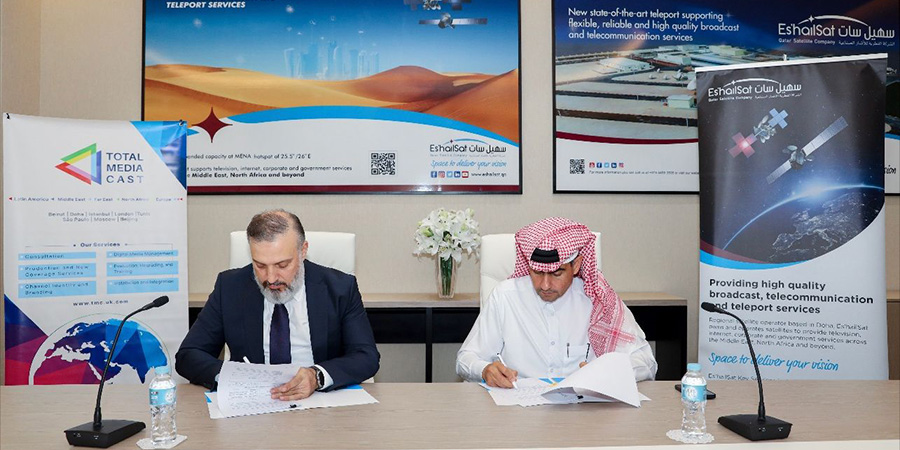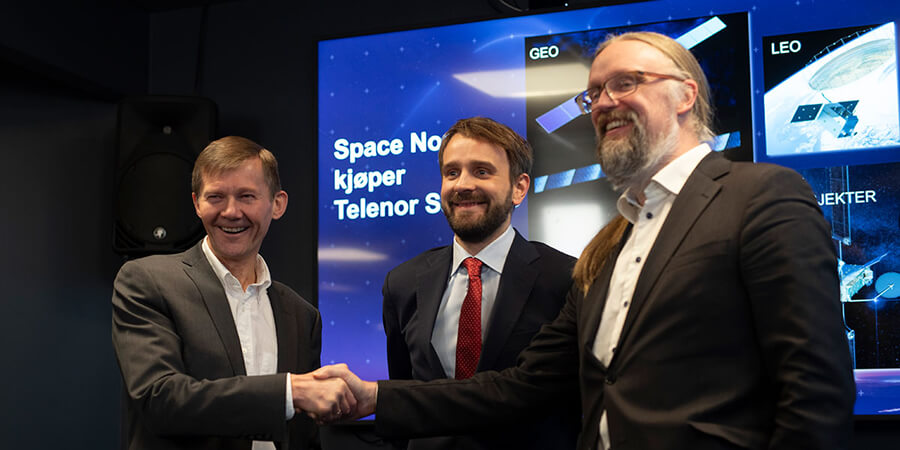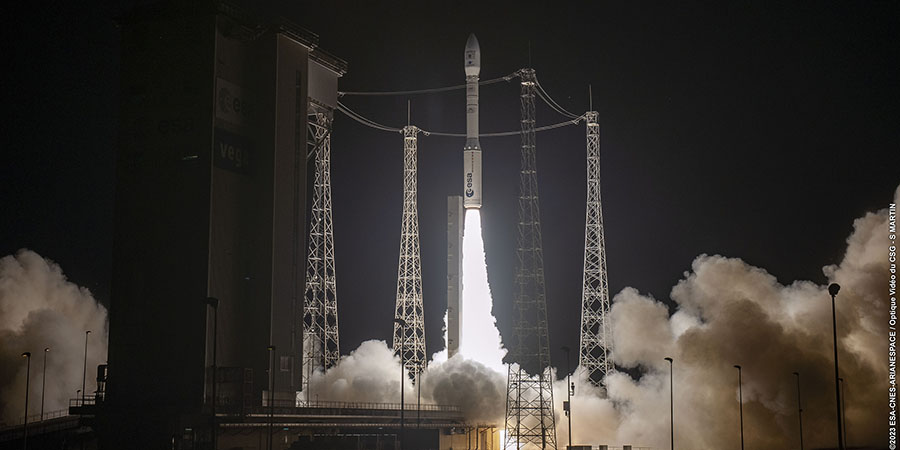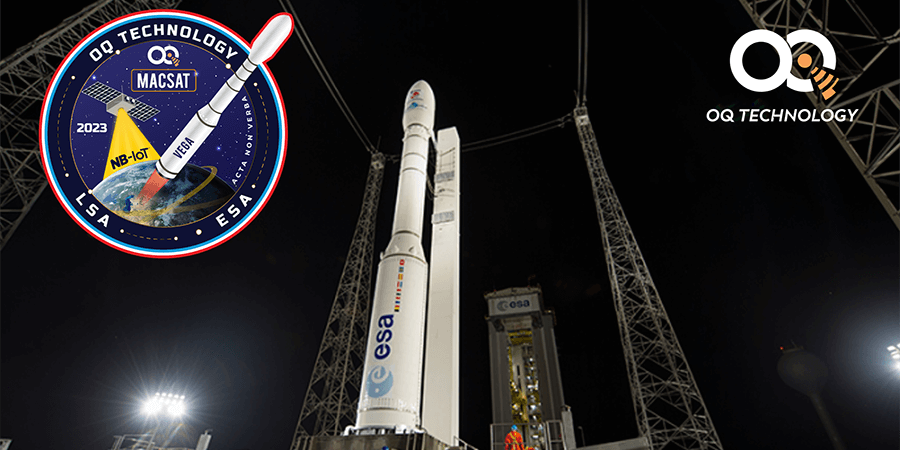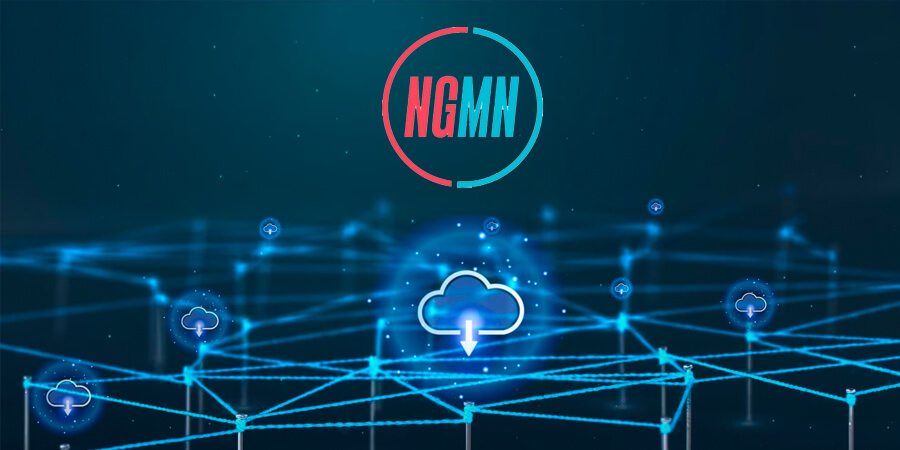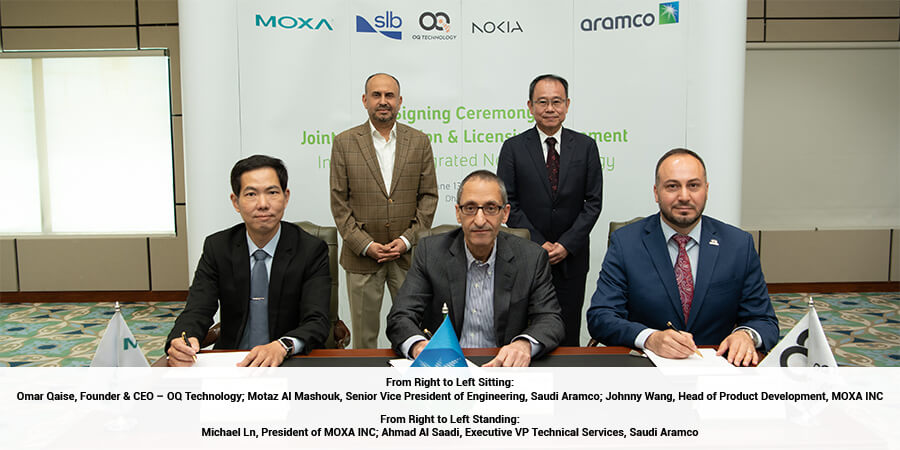In an exclusive interview with Telecom Review, Atul Purohit, Head of Technology, Cloud & Network Services, EMEA, delved into the intricacies of how APIs function within the framework of network monetization for operators, offering a comprehensive understanding of their operational dynamics and strategic significance. By elucidating the inner workings of APIs, Purohit provided valuable insights into how operators can leverage these tools to extract maximum value from their network assets.
Telecom Review Analysis: How APIs Impact the Telco Game
Nokia has been a big supporter and a driving force behind the API economy with its 'Network as Code' offering. How does this transform the network into a truly programmable entity?
One of the key things that telcos are trying to do is embrace the worldwide adoption of 5G core technologies. The reason 5G is different from its previous generation is because it brings out the programmable persona of mobile networks, which means the third-party developers should be able to make use of the mobile networks from their applications directly.
One of the key questions that we keep getting from our customers is, ‘How can we further monetize our 5G investments and assets?’ This means that we need to do something as a vendor partner to help our telecom service providers monetize these network assets.
As such, we have created Network as Code. This is a classical, two-sided platform model wherein at one end of the platform, we integrate the mobile core of CSPs, and on the other end, we introduce APIs to a developers ecosystem; thus, enabling third party developers to leverage these APIs to create new and innovative applications.
In your opinion, taking the Middle East region into account, which APIs will be the most valuable in the long term? How does Nokia support this?
The Middle East region is diversified as different operators work in different environments. Some of the operators are still trying to incorporate 5G into the networks; some of the operators are quite advanced and they have already launched 5G services in support of government initiatives and international sports events.
If we now look at the value of APIs, Nokia has classified the network APIs into different buckets, such as Tier 1s, which are CPaaS-oriented to start with. This means that they make use of some basic value vectors from the underlying telco networks—such as SIM swap or number verification APIs—to help operators grow and monetize their network assets.
Looking at the value of APIs in medium- to long-term, high-value APIs like Quality of Service on Demand (QoD), or Network Slicing APIs, makes a lot of sense because the Middle East region has different use cases across various industries, such as oil and gas, ports, etc…which are inherently ripe for high value applications. This means they can leverage the power of 5G to its fullest potential and start making use of capabilities like quality of service on demand and network slicing.
How will Nokia continue to address the risks and rewards of emerging commercial models with regards to the API economy?
If you look at the API economy, it’s not a very new concept; it has been ongoing for the last 10 to 15 years. Back in 2015, CPaaS providers started exploring APIs and started with API monetization.
Historically, the model has been based on a cost-to-price based abstraction mechanism. This means that on one end of the platform, there are cost-based negotiations that occur between service providers, and on the other end, enhanced value is created for developers within the third party ecosystem.
Utilizing Nokia’s ‘Network as Code’ perspective, we want the service providers to be value-based partners; we want to pioneer a fair revenue-share agreement with operators. As we generate more value from the APIs, we want the third-party ecosystem and developers to equally participate in similar high-value transactions. Ultimately, we are cultivating a partnership-based commercial model, where revenue sharing with operators is our strategic & long-term goal.
Telecom Review Exclusive: Nokia’s Energy-Efficient Solutions Respond to MEA’s Three Network Dimensions
What API-specific initiatives will Nokia be implementing or continuing in 2024 to drive greater adoption of API-exposure?
If we look at the API standardization, specifically considering Network as Code, the forums that we are following & contributing are GSMA Open Gateway and Linux Foundation Networking Camara API standardization initiatives.
This kick-started early last year and is continuing its momentum into 2024 and beyond. There is already a sizeable backlog when it comes to APIs that Camara is trying to churn out from a standardization perspective. Nokia aims to participate in the Camara forum and endeavors to contribute standardization APIs within the network slicing sector and broader API definitions.
If you look at 2024 from an API perspective, it’s going to be a year of scale. Thus, we are looking at contributing to the forum and promoting world-wide API adoption, particularly in standardizing third-party ecosystem and developer exposure.
Exclusive Coverage: Nokia Launches Open Innovation Lab in Dubai to Propel MEA's Tech Landscape
Telecom Review Exclusive: Future-Proofing Telco Security: Nokia's Commitment to GenAI Integration



